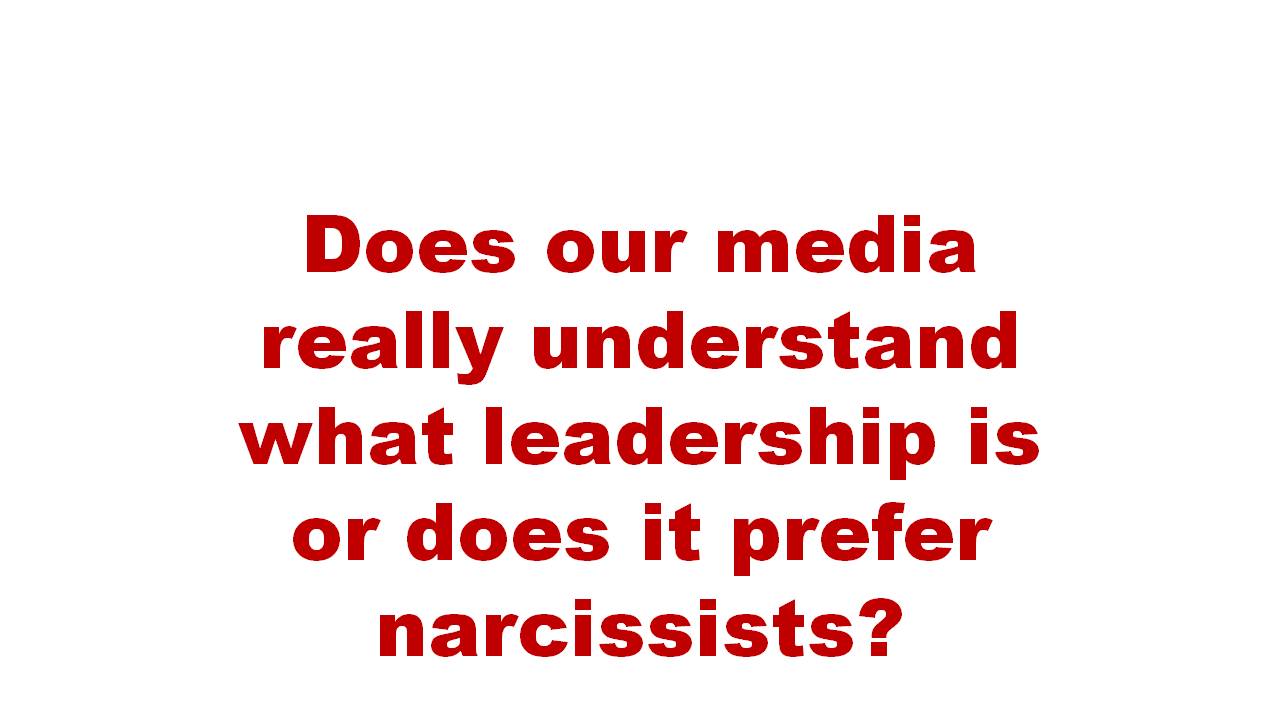by Peter A. Arthur-Smith
“Free nations prefer peace to war, but that preference is complicated by the continued existence of nations led by criminals, ideologues and irredentists. In a fallen world, war eventually comes, wanted or not.” Article quote by Barton Swaim from; Are Americans Ready for War?” – Wall Street Journal Opinion section, May 4-5th, 2024.

Swaim was basing his view on an interview with Mark Helprin, author of recent book Oceans and Stars. Helprin’s view happens to coincide with those of many thinkers and poses the question: Are we on the brink of World War III? He also poses the question: Are we allowing the wrong sort of leader to emerge as country leaders? These two questions have also preoccupied my thinking during recent times.
He likens America’s current situation to that of Winston Churchill’s Britain before WWII. Fortunately for him, despite many initial setbacks, when war did break out there were sufficient time and resources brought to bear to turn the tide. Does that same time possibility exist today with potent intercontinental missiles?
Swaim’s article was also in line with another WSJ Opinion article in April, 2024, by Peggy Noonan entitled, Bad leadership is a National Security Threat. One of her sentences really stuck out, “The quality of our leaders is deteriorating, and we’re so used to it it’s not alarming anymore.” This view really resonated with me. What about you?
My view is consistent with Noonan’s except with one key caveat. I contend that there are excellent leaders among us. However, one of their important personal qualities is humility. That humility keeps them quietly working within their current domain, which means in our media obsessed society – too often hyping the wrong type of leader that are frequently narcissists – these competent leaders many times don’t rise to national roles unless there’s a real crisis. When that crisis looms, they are forced out into the open.
Churchill was a good example. He was often sidelined because his leadership successes were despised by his more traditional, ineffective political peers. General George Marshall, America’s architect of Allied WWII victory, was another. Without that war, he may have found himself leading an important military assignment somewhere, although WWII eventually brought him to Roosevelt’s side at the latter’s behest. Roosevelt knew he couldn’t function effectively without Marshall’s immediate presence, so he sent Eisenhower to Europe instead.
There are potential similar low profile candidates out there even today – perhaps Jamie Dimon, CEO of JPMorgan Chase Bank, or Ken Murphy, CEO of Tesco PLC, a major UK grocery chain. They don’t seek greater office because they wish to avoid the back-biting attention of a vicious media. Some of our more able politicians leave after a couple of terms in office, because they find the media milieu too boorish. It became well known that the late General Colin Powell deliberately avoided running for US Presidency, due to him and his family did not wishing to be dragged through the biased media glare.
Consequently, until the US can create more sensible guiderails for choosing an American President, it’s unlikely we will see the best leaders rise to the occasion. That’s not to say we don’t wish our media to help root out corruption, ineffective performance, or tamp down egos, but it needs to be done in a far more constructive manner. Our media is caught-up in our current obsessive pursuit of numbers – in its case, pure media and opinion ratings.
In other words, instead of our media being star-struck by polls in the most raucous fashion, we need it to focus on people-leadership qualities and educate its readers and viewers on a more effective leadership means of visualizing and orchestrating America’s future. It’s pretty clear that most media pundits don’t really understand what leadership is anyway. It prefers narcissists because they make lots of sensational headlines – start with Elon Musk – which sells. But too often they are terrible leaders, because more often than not they don’t care about what the media or society thinks of them anyway.
This includes, instead of fixating on management systems that too often glorify bureaucracy, hierarchy, shortsighted efficiency, negative-messaging, and unabated corruption; our leaders and media would focus our culture on genuine two-way communication, heterarchial formations, effectiveness-think, positive-messaging and decent levels of integrity. That would benefit all of us and then our more genuine and effective leaders would rise to the occasion.
